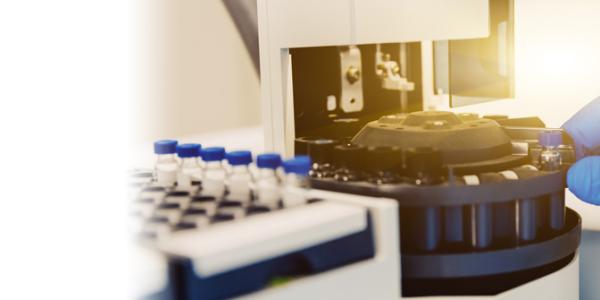請點擊此轉換成中文
Research has led to the development of powerful treatments against breast cancer. Now scientific advances are helping to pinpoint which of these weapons will work best for which patients. It’s called precision medicine: a growing approach in modern medicine that fits treatment plans to patients based on highly specific information about each individual’s disease, environment and lifestyle.
Selecting treatment options and creating individualized care plans for specific patients is not a new concept. What is changing dramatically is our knowledge about the genetics and biology of cancer — including breast cancer.
Research in recent years has identified genes and molecules that may be used as biomarkers to help determine which drugs or treatment options the cancer might or might not respond to. This information allows doctors to tailor treatment plans much more effectively — and help prevent unnecessary side effects and expense associated with ineffective treatment.
Researchers are making progress every day, and many are hopeful that what we’re learning will lead to better outcomes, survival rates and survivor quality of life. It could also help determine risk before cancer strikes, so that the right preventive steps can be taken.
Precision Medicine in Action
Precision medicine is already being used in breast cancer treatment. For instance, breast tumor cells are tested to see whether they produce too much of a certain protein called HER2. If so, the tumor is classified as HER2-positive, and is likely to respond to medications that target HER2.
Another example is genetic testing for women with a strong family history of breast cancer. The presence of certain inherited gene mutations, such as the BRCA1 or BRCA2 genes, greatly increases the risk of breast cancer. Women who have these genes may opt for more frequent and earlier mammograms or other preventive steps to reduce their breast cancer risk.
Modern breast cancer genomic testing methods are also being used to determine how likely the cancer is to recur and whether chemotherapy after surgery would be of benefit. These tests are increasingly guiding treatment decisions.
As more biomarkers are identified and more treatment options are developed, precision medicine for breast cancer will become even more precise. El Camino Hospital is poised to apply this new knowledge as quickly as possible — to better serve our patients and our community.
Learn more about the personalized treatment offered at El Camino Hospital Cancer Center.
This article appeared in the Winter 2018 issue of Chinese Health Initiative Wellness eNewsletter. Learn more about the Chinese Health Initiative.

